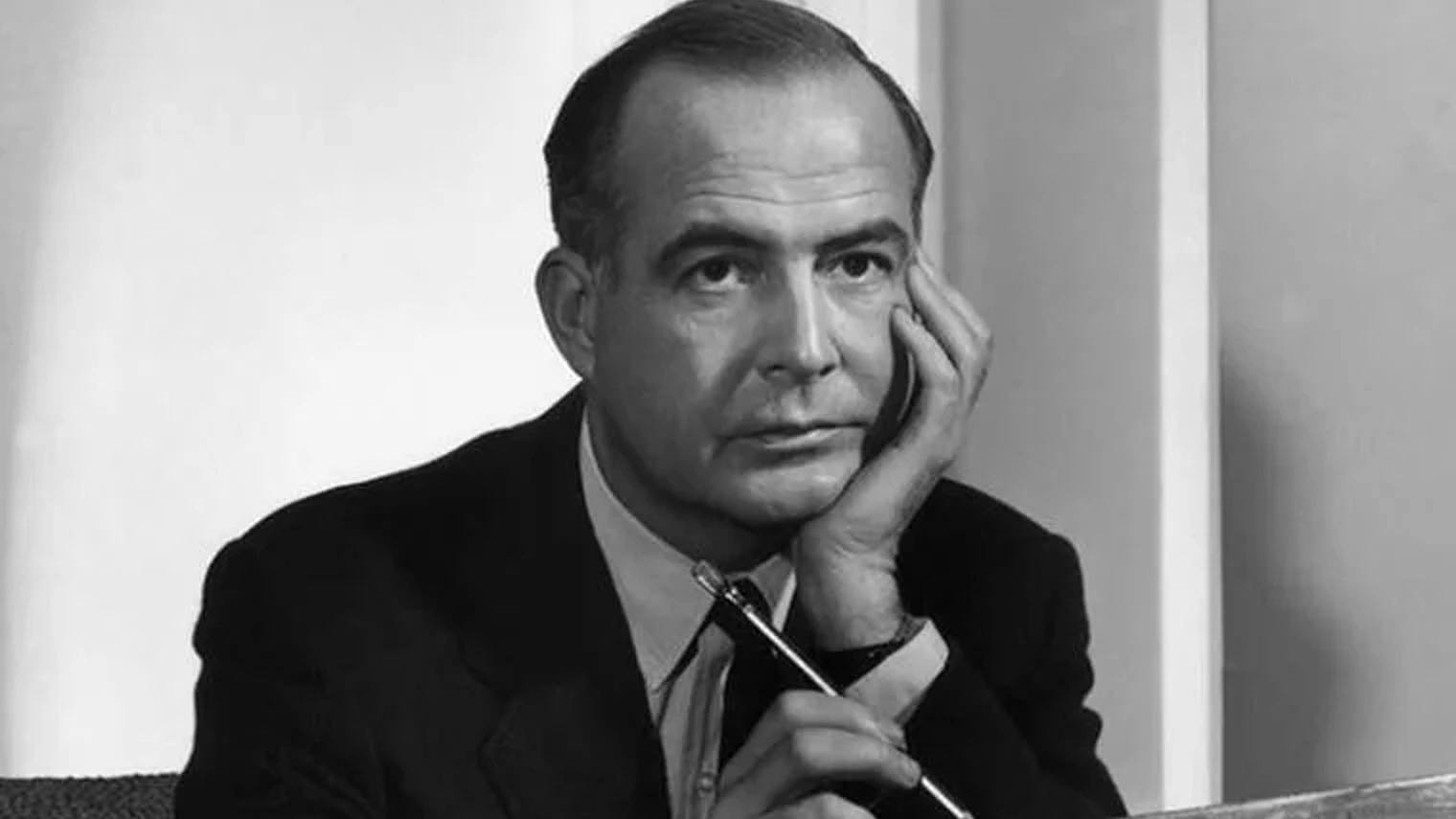Themes of loneliness, isolation, and loss emerge in the late works of Samuel Barber.
One of the most poignant examples can be heard in To Be Sung on the Water, Op. 42, an a cappella setting of a poem by Louise Bogan (1897-1970). Composed in December of 1968, the music unfolds over an ostinato which suggests the gentle, hypnotic motion of a rowboat through the night. We become aware of the persistent flow of time.
This performance features the Austin, Texas-based vocal ensemble, Conspirare:
Beautiful, my delight,
Pass, as we pass the wave.
Pass, as the mottled night
Leaves what it cannot save,
Scattering dark and bright.Beautiful, pass and be
Less than the guiltless shade
To which our vows were said;
Less than the sound of the oar
To which our vows were made, –
Less than the sound of its blade
Dipping the stream once more.
-Louise Bogan
Recordings
- Barber: To Se sung on the Water, Op. 42, No. 2, Conspirare, Craig Hella Johnson Conspirare.org

